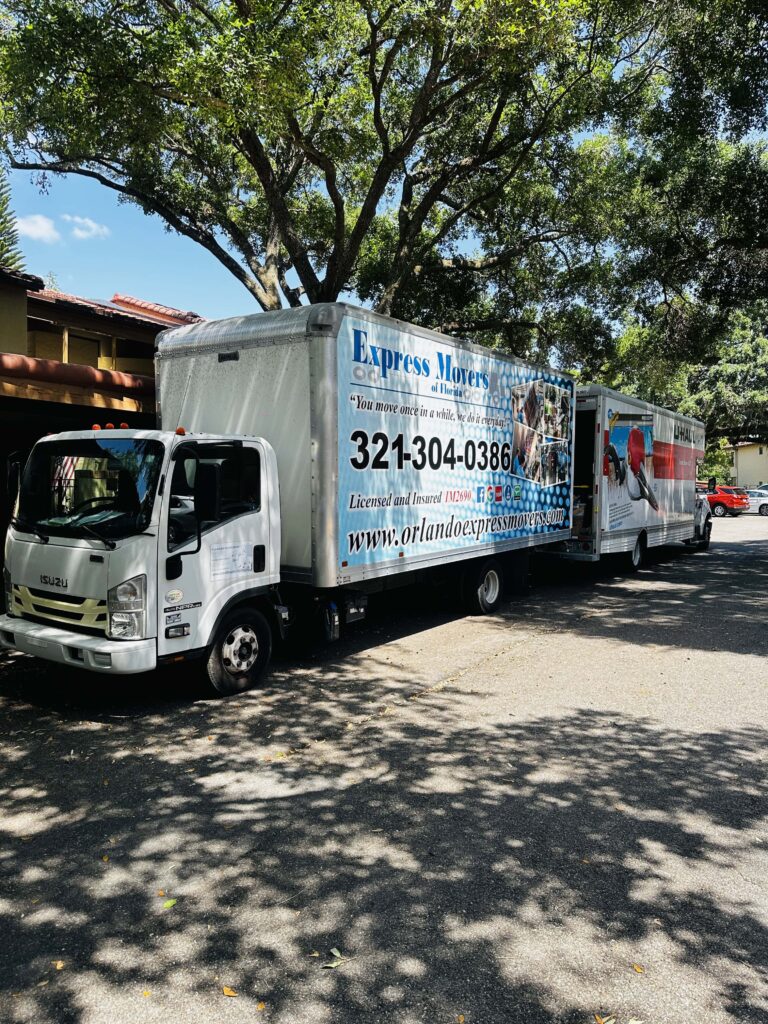If you’ve ever thought, “Moving is so expensive, I wish someone would pay me to do it,” you’re not dreaming — it’s already happening. In 2025, more cities and employers than ever are offering relocation incentives to attract talent, stimulate local economies, or fill critical workforce gaps. And it’s not just for high-powered executives. Teachers, tech workers, health care professionals, and even remote workers are finding that a move can come with a bonus check, tax breaks, or free housing.
Here’s why relocation incentives have exploded in popularity — and how they’re changing the moving industry for everyone.
Why Cities and Companies Are Paying People to Move
The U.S. is in a major population shuffle. Remote work has allowed people to leave expensive coastal hubs, and many smaller cities are struggling to bring in new residents. The result? Cities from Tulsa, Oklahoma to Bentonville, Arkansas are offering cash incentives — sometimes up to $10,000 — to attract skilled workers.
Employers are also getting creative. Instead of just posting job openings, they’re bundling them with moving packages, signing bonuses, or even down payment assistance. In an era of labor shortages, relocation incentives are a way to stand out.
For cities, it’s a win-win: every new resident brings spending, tax revenue, and potential long-term growth. For workers, it’s a chance to reset life somewhere new without draining savings.

The Different Kinds of Incentives
Not all incentives are just cash. Some of the most popular types include:
• Cash bonuses — A one-time payment for agreeing to relocate.
• Housing support — Subsidized rent, free temporary housing, or help with closing costs.
• Student loan repayment — A growing perk for younger professionals.
• Tax credits — State or local governments offering breaks for newcomers.
• Business support — Grants for entrepreneurs willing to open a business in a new city.
These programs can make a move much less intimidating financially — especially for young families or early-career workers.
How This Is Reshaping the Moving Industry
For moving companies, this shift has been dramatic. Instead of relying solely on corporate clients, they’re now seeing more individual customers with incentive money to spend. And because cities and companies want these moves to go smoothly, they’re often willing to cover professional moving costs.
That means:
• More long-distance moves to mid-size cities and rural areas.
• Customers expecting white-glove service because someone else is footing the bill.
• A need for better communication between moving companies, employers, and city programs to coordinate dates and budgets.
Some moving companies are even partnering directly with incentive programs, offering discounted packages or turnkey relocation services.
The Hidden Benefits for Movers
If you’re a consumer, relocation incentives do more than just cut costs. They can also open doors you may not have considered.
Maybe you’ve always wanted to live in a lower-cost city but worried about starting from scratch. A program offering free co-working space or built-in networking events can help you plug into a new community faster. Some programs even include perks like child care stipends, free gym memberships, or public transit passes.
It’s not just a move — it’s a whole lifestyle jumpstart.
What to Watch Out For
As exciting as relocation incentives are, they’re not without fine print. Some things to double-check before signing up:
• Commitment periods: Many programs require you to stay in the city or job for a set time (usually 1–2 years). Leave early and you may have to repay the money.
• Tax implications: Incentive payments may count as taxable income.
• Cost of living trade-offs: A $10,000 incentive won’t go far if housing is twice as expensive.
• Availability: These programs are competitive and can fill up fast.
Doing your homework can save you from surprises later.

What It Means for the Future of Moving
Relocation incentives are no longer niche; they’re shaping migration patterns nationwide. They’re also creating opportunities for moving companies to innovate — think bundled services with temporary housing, job placement, and local orientation tours.
In a way, relocation incentives are making professional moving services more accessible. People who might have opted for a DIY move now have the funds to hire professionals. That means fewer stressful weekends with rented trucks and more seamless, full-service moves.
The old story of moving — packing up everything yourself and hoping for the best — is giving way to something new. Cities and employers are actively competing for people, and they’re willing to pay to get them.
For movers, it’s an opportunity to rethink where you live and how you work. For moving companies, it’s a chance to adapt to a customer base with higher expectations and, often, better budgets.
Relocation incentives are turning moving from a dreaded chore into a strategic, even exciting, life change. If you’ve been dreaming of a new start, 2025 might be the perfect year to take advantage.
